How does your garden grow?
After all the precipitation of last month’s books, plants are the obvious theme in April. From the window box of herbs or succulents to the acres of community gardens and the wild foliage around the world, plants are ubiquitous, beautiful and bizarre. Whether your thumb is black – dooming plants in your care – or you have a green thumb, we all benefit from the oxygen they produce.
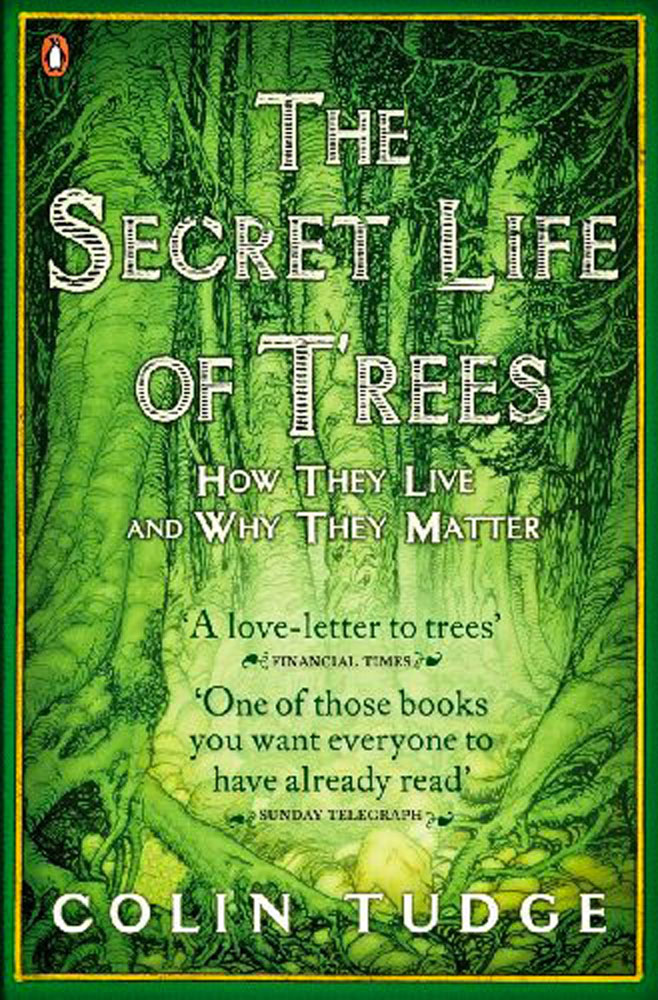 The Secret Life of Trees by Colin Tudge tells the story of trees: why they exist, how they talk to each other, how they live so long and more. Tudge takes the reader along while he explores the beauty, ingenuity and variety of trees, from his own backyard to around the world.
The Secret Life of Trees by Colin Tudge tells the story of trees: why they exist, how they talk to each other, how they live so long and more. Tudge takes the reader along while he explores the beauty, ingenuity and variety of trees, from his own backyard to around the world.
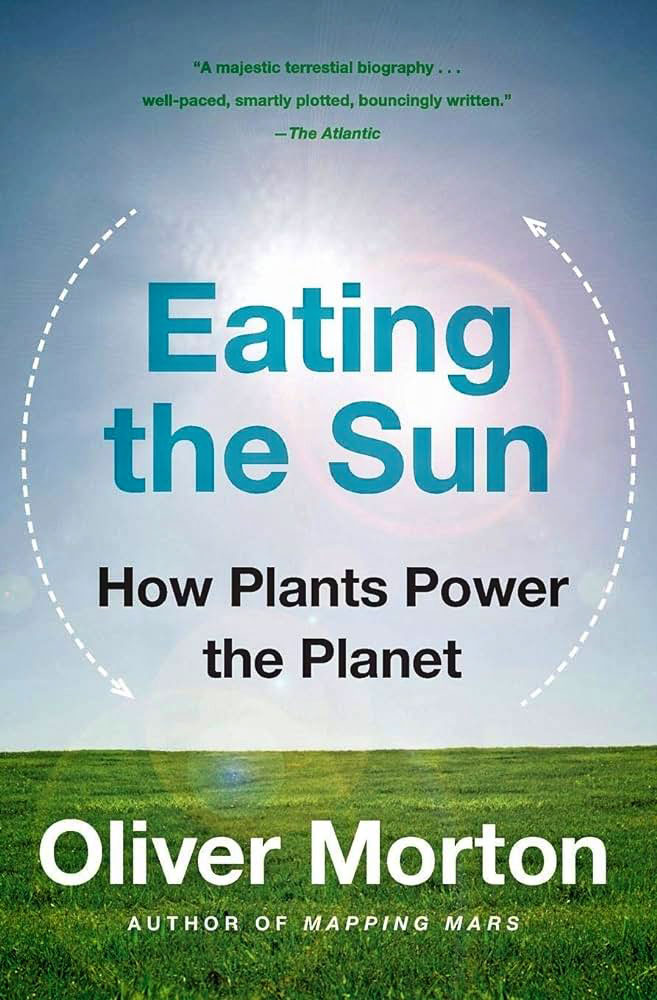
Eating the Sun: How Plants Power the Planet by Oliver Morton is the tale of photosynthesis, but not the average seventh grade science lesson. Morton writes, “A celebration of how the smallest things, enzymes and pigments, influence the largest things – the oceans, the rainforests and the fossil fuel economy,” states the book blurb.
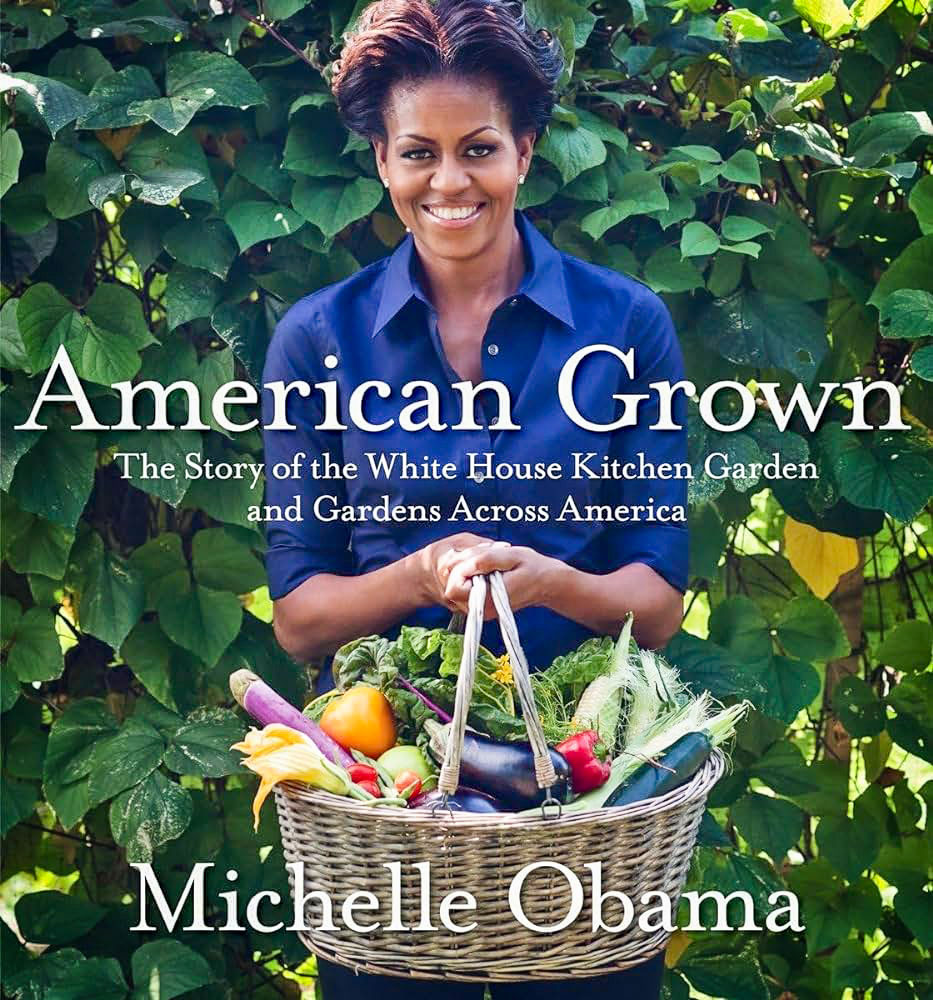
American Grown: The Story of the White House Kitchen Garden and Gardens Across America by Michelle Obama invites the reader to join her as she plants a garden at 1600 Pennsylvania Avenue. It is also part recipe and community garden history book. American Grown celebrates planting efforts across the country, in all their varieties.
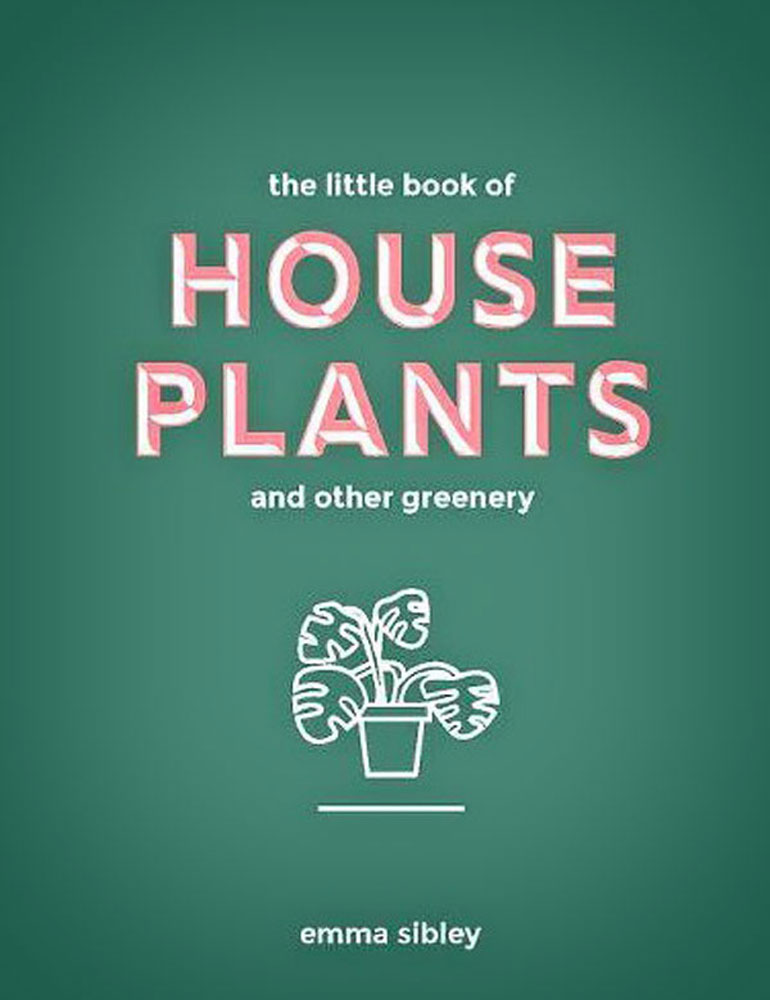
Little Book of Houseplants and Other Greenery by Emma Sibley is a reference to the 60 most popular, indoor small-space plants. Complete with photographs and essential requirements for each variety, “This book covers everything you need to know about nurturing and growing your own” house plants, according to the book description.
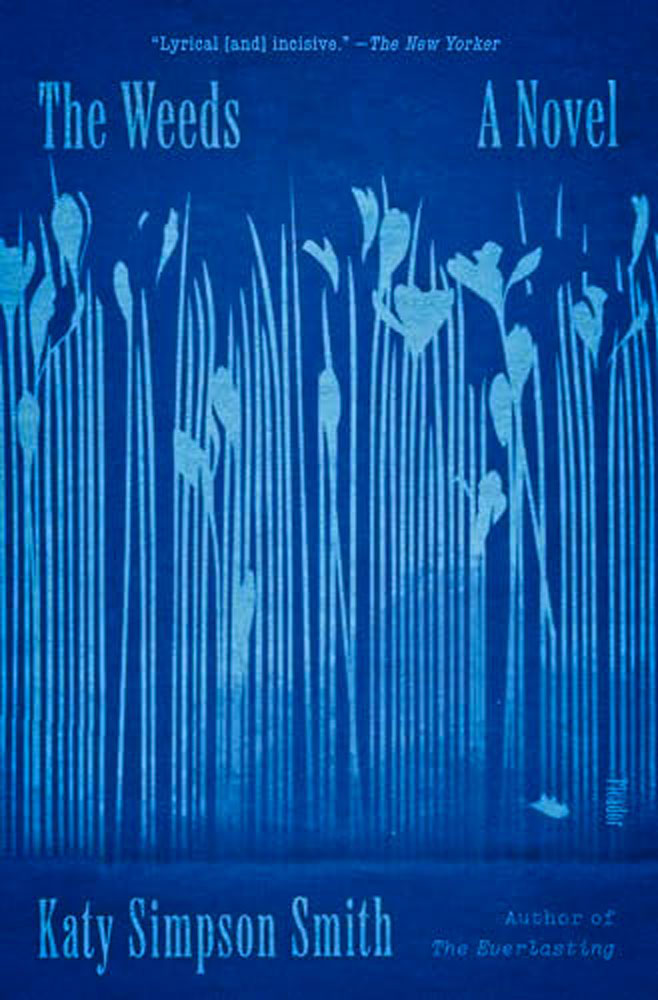
The Weeds by Katy Simpson Smith. Two women, one location and a task across time – to catalog the weeds growing in the Roman Colosseum. Both women, searching for more than plants, discover “intangible threats: a changing climate, the cost of knowledge and the ways repeated violence can upend women’s lives; they must forge their own small acts of defiance and slip through whatever cracks they find,” to survive, teases the blurb.
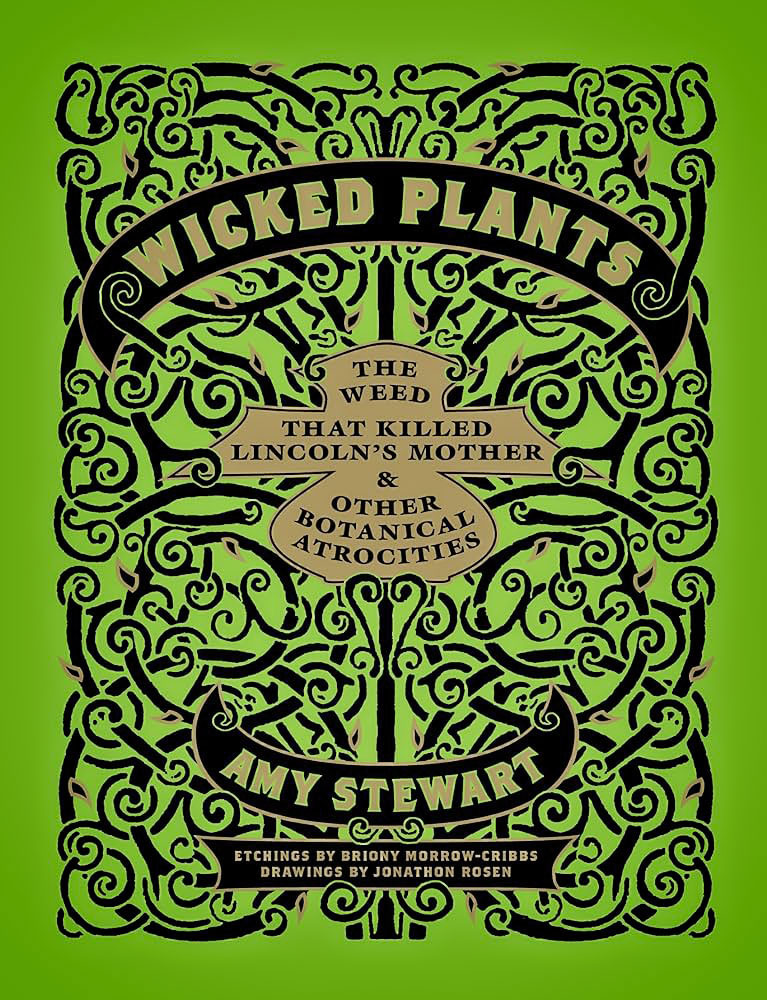
Wicked Plants: The Weed That Killed Lincoln’s Mother and Other Botanical Atrocities by Amy Stewart won the American Horticultural Society Book Award in 2010. The book blurb tantalizes with this description, “It’s an A to Z of plants that kill, maim, intoxicate, and otherwise offend… drawing on history, medicine, science and legend, this compendium of bloodcurdling botany will entertain, alarm and enlighten even the most intrepid gardeners and nature lovers.”
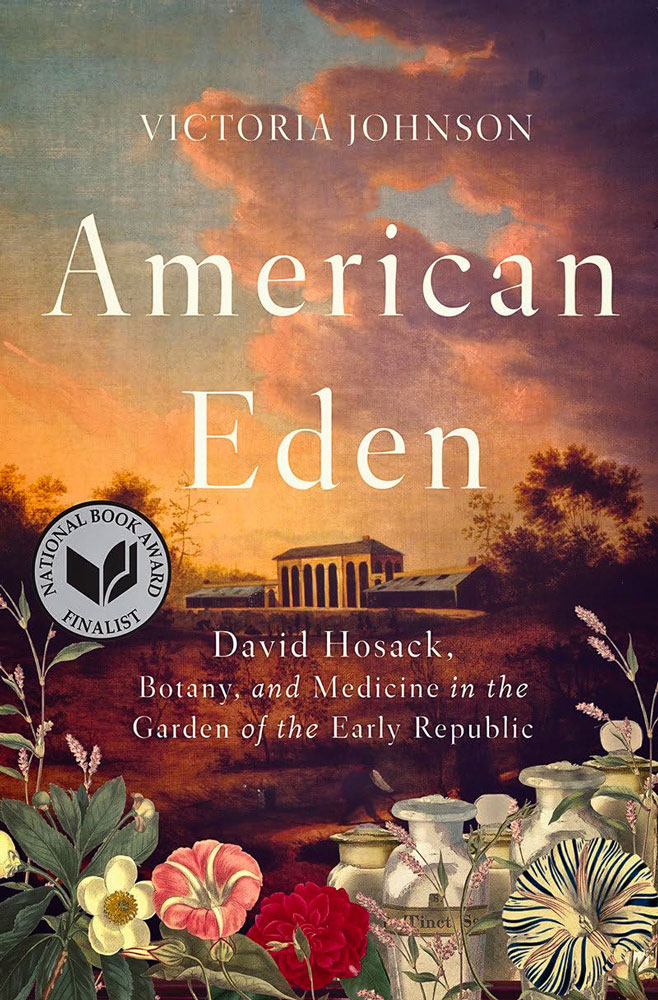
American Eden: David Hosack, Botany, and Medicine in the Garden of the Early Republic by Victoria Johnson. This biography uncovers the life of “a brilliant surgeon and a world-class botanist; a pioneering thinker who shaped a young nation,” states the back cover. In 1810, Hosack created a 20-acre Elgin Botanic Garden from Manhattan farmland. His plant collection was so diverse that its scope and breadth continues to amaze botanists more than 200 years later. American Eden was a finalist for the Pulitzer Prize and the National Book Award.
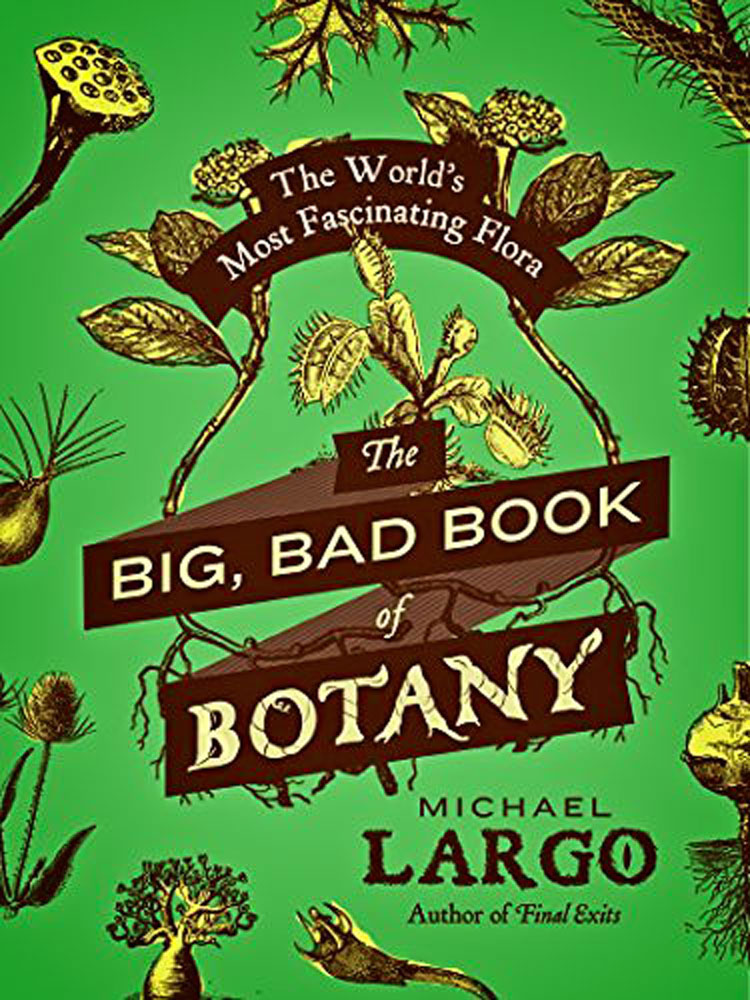
The Big, Bad Book of Botany: The World’s most Fascinating Flora by Michael Largo has been describes as “David Attenborough meets Lemony Snicket.” It is an A-to-Z encyclopedia for all ages filled with interesting facts, history, illustrations and photographs of some of the weirdest plants on the planet.
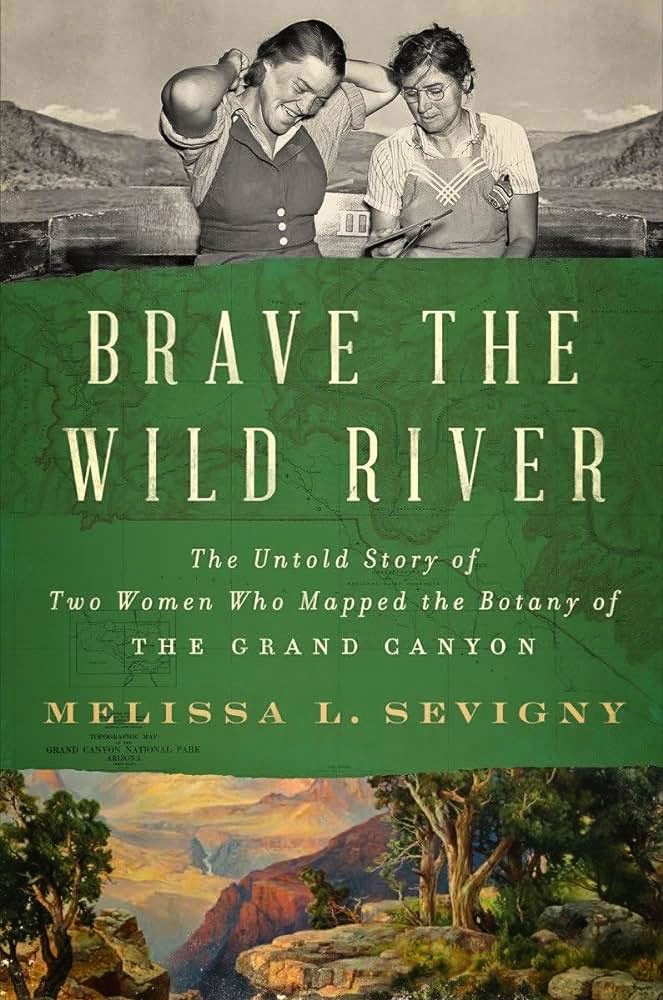
Brave the Wild River: The Untold Story of Two Women Who Mapped the Botany of the Grand Canyon by Melissa L. Sevigny won the 2023 National Outdoor Book Award for History/Biography. It is “a spellbinding adventure of two women who risked their lives to make an unprecedented botanical survey of a little-known corner of the American West at a time when human influences had begun to change it forever,” states Goodreads. In 1938, Elzada Clover and Lois Jotter were determined to be the first to survey plants in the Grand Canyon and along the Colorado River – the most dangerous river in the world.
By Celeste McNeil; courtesy photos